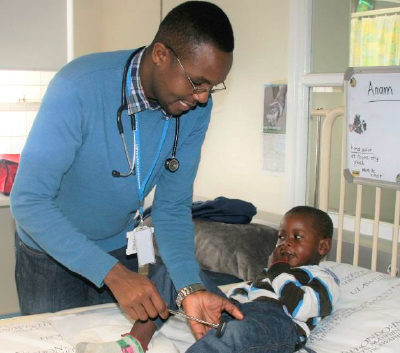ICNA PRESIDENT-ELECT ELECTIONS 2024
ICNA President-Elect Elections 2024 are currently underway. All eligible voters (ICNA Full Members) have been emailed their unique voting credentials. All voting is done via the secure platform at https://icnapedia.org/pe2024. The voting site will remain open until 2400hrs GMT on 1 May 2024.

 Dr Kija completed the study below during his paediatric neurology specialist training through the African Paediatric Fellowship Program based at Red Cross War Memorial Children’s Hospital, University of Cape Town. He collaborated with the University of Wisconsin School of Pharmacy, Madison, WI, USA for analysis of some of the more specialised bone metabolism screens. The completed work formed the thesis part of his masters in paediatric neurology.
Dr Kija completed the study below during his paediatric neurology specialist training through the African Paediatric Fellowship Program based at Red Cross War Memorial Children’s Hospital, University of Cape Town. He collaborated with the University of Wisconsin School of Pharmacy, Madison, WI, USA for analysis of some of the more specialised bone metabolism screens. The completed work formed the thesis part of his masters in paediatric neurology.